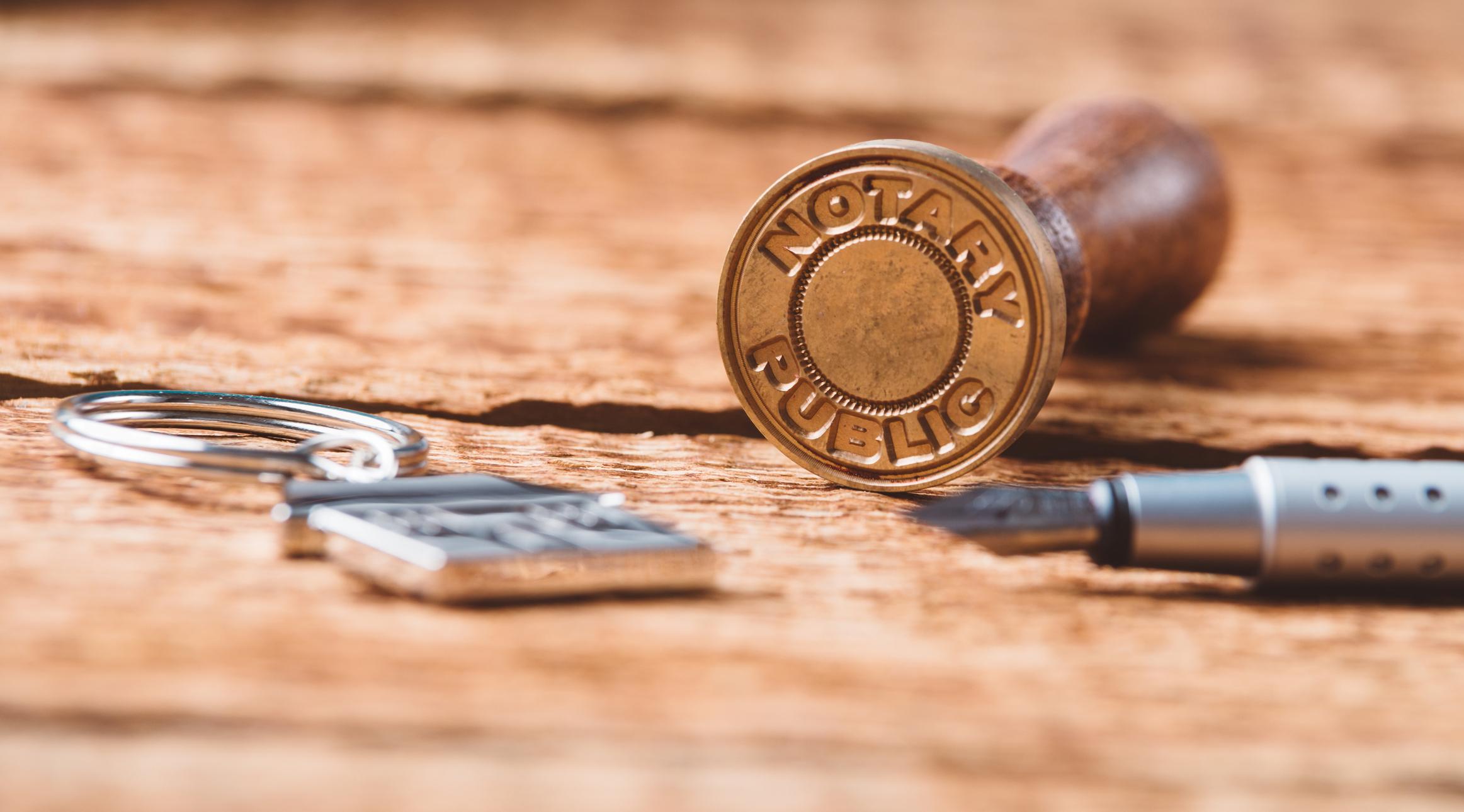Debunking Notarial Job: Streamlining the Duty and Relevance of Notaries
Their duty, typically shrouded in mystery for many, lugs considerable weight in guaranteeing the credibility and stability of essential records. By deciphering the intricacies surrounding notarial techniques and dropping light on the relevance of their acts, a more clear understanding arises of the vital role notaries play in promoting the fabric of legal and contractual arrangements.
The Background of Notarial Job
How did notarial job evolve in time to come to be an indispensable part of legal and company deals? The background of notarial work go back to old people, where scribes played a crucial function in tape-recording crucial details and authenticating files. As cultures advanced, the demand for a much more formalized system to ensure the validity of contracts occurred. This led to the development of notaries, people selected by the state to act as neutral witnesses in lawful issues.
Throughout the Center Ages, notaries gained importance in Europe, with their features expanding to include composing legal documents, accrediting trademarks, and maintaining documents. The surge of international trade additionally stressed the relevance of notarial work in confirming agreements and agreements across borders.
In the modern age, notaries proceed to play a vital role in lawful and organization transactions by validating identifications, validating the authenticity of files, and preventing fraudulence. Their role in licensing the validity of arrangements includes a layer of security and depend the ever-evolving landscape of commerce and legislation.

Duties and Duties of Notaries
Notaries play a crucial role in validating the credibility of documents and the identification of notaries. One of their key obligations is to witness the finalizing of vital documents, such as deeds, wills, and agreements, to guarantee that all parties are getting in into contracts knowingly and willingly.
They accredit duplicates of initial documents, offering assurance to establishments that the copies are real replicas of the originals. Overall, the duties and responsibilities of notaries are important in protecting the integrity and legitimacy of different papers and transactions - Notary.
Notarial Certificates and Signatures
Exemplifying meticulous focus to detail, notarial certificates and signatures act as essential parts in verifying the credibility of lawful files. Notarial certificates usually include essential details such as the day of notarization, the names of the signatories, a summary of the file, and the notary's main seal. These certificates offer a clear document of the notarial act, making certain that the paper can be conveniently recognized and traced back to the notary that managed the procedure.
Signatures play a crucial duty in notarial work, as they signify the agreement and authorization of the parties involved. Notaries meticulously witness the signing of papers to validate the identity of the signatories and verify that they are authorizing of their own cost-free will. By attaching their official seal and trademark to the paper, notaries accredit that the necessary treatments have been followed and that the file is legitimate and enforceable.
Fundamentally, notarial certificates and trademarks are the trademark of credibility in legal transactions, giving guarantee to all events involved that the records are reputable and binding.
Significance of Notarial Acts

Registration Refine Described
The notarization procedure usually begins with the private offering the paper to a notary public. Once the identity is validated, the notary guarantees that the specific authorizing the document does so willingly and without any browbeating.

Final Thought

Notarial certificates usually include essential info such as the day of registration, the names of the notaries, a description of the paper, and the notary's main seal. These certifications offer a clear document of the notarial act, guaranteeing that the record can be conveniently identified and traced back to the notary that managed the process.
By attaching their main seal and trademark to the paper, notaries certify that the necessary procedures have actually been followed and that the record is valid and enforceable.
By confirming the identification of the notaries, confirming their readiness to enter into the agreement, and accrediting the date and place of the signing, notaries play a critical duty in promoting the validity of legal papers.After the file is authorized, the notary will fasten their official seal or stamp onto the file.